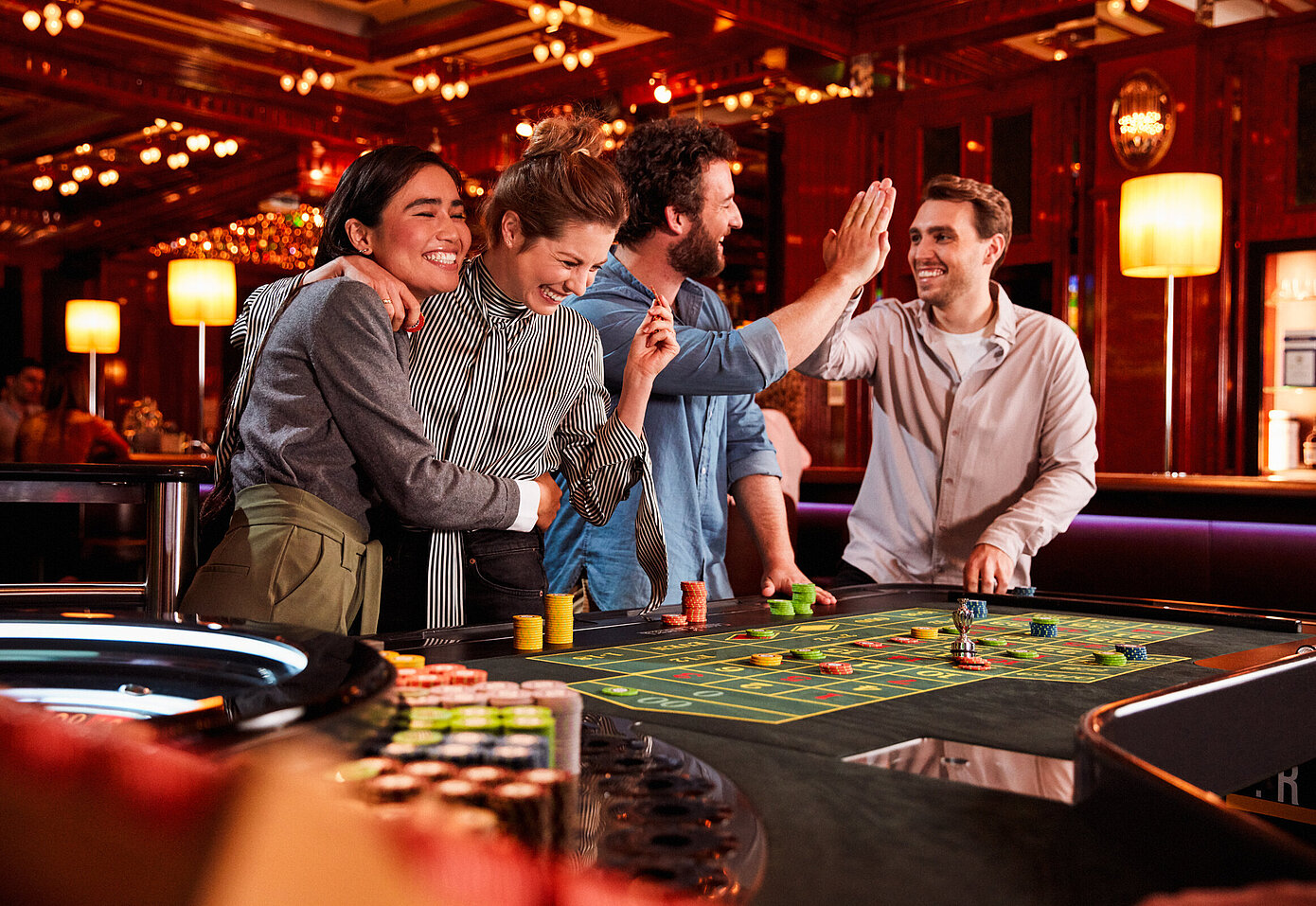Why Players Often Don’t Want to Win Too Quickly
The Suspense of a Slow Win
In gambling, we often assume players want to win as quickly as possible. After all, why delay pleasure when the jackpot is only a spin away? Yet many players, whether in land-based halls or online platforms like Casinoly, demonstrate a paradoxical truth: they don’t always want victory to arrive too quickly. Instead, gamblers savor the suspense, the ritual of waiting, the drama of delay. Winning too soon can feel like the story has ended before it even began.
This article explores the psychology, philosophy, and bodily responses that explain why the timing of a win matters as much as the win itself.
The Paradox of the Quick Win
Too Soon, Too Empty
A quick win eliminates the build-up. For many, the anticipation is the essence of the game. Without it, the victory feels hollow, like skipping to the last chapter of a novel without reading the story.
The Cinematic Arc
Gamblers often compare slots, roulette, or poker to films. The longer the arc, the greater the drama. Quick wins feel like short films without depth – entertaining but forgettable.
The Role of Anticipation
Dopamine and Waiting
Neuroscience shows that dopamine spikes not at the reward but in anticipation of it. Quick wins shorten that period, reducing the neurological “high” that players unconsciously seek.
Suspense as Pleasure
The reel spinning, the roulette ball circling, the dealer’s pause before revealing a card – these are micro-moments of pleasure. A win that arrives too fast cancels this ritual.
The Emotional Economy of Gambling
Wins That Must Be Earned
Players often want to feel they have “earned” their success. A quick win seems accidental, while a delayed one feels like destiny. The longer the wait, the more “deserved” the victory feels.
Control and Pacing
By stretching out the game, players feel more in control of their emotional journey. A rapid victory imposes closure when they might want continuation.
Rituals That Delay the Inevitable
Superstitions and Patterns
Many players slow themselves down deliberately – counting spins, repeating lucky gestures, or lowering bets before raising them. These rituals prolong the suspense.
The Illusion of Influence
By pacing the game, gamblers create the feeling that they are shaping destiny. Quick wins strip away that illusion, reducing the game to randomness too soon.
Online Casinos and Slow Wins
Designed Delays
Casino platforms build suspense into their games – extended animations, bonus rounds, and “near misses” that stretch out anticipation.
The Comfort of Endless Loops
Online casinos provide infinite access, making speed less desirable. Players don’t need to rush when the game is always available. Delays become part of the pleasure.
The Philosophy of Delayed Victory
Kierkegaard and Repetition
Philosopher Kierkegaard argued that repetition gives life meaning. In gambling, repetition before winning creates depth – every spin, every ritual adds weight to the final outcome.
Nietzsche and the Eternal Return
Quick wins disrupt the comforting cycle of eternal return. Delayed wins, by contrast, preserve the loop, allowing players to stay within the ritual rather than break it.
Why Some Fear Winning Too Quickly
- Loss of the story: The game ends before it has been lived.
- Emotional anticlimax: The body prepared for suspense feels cheated.
- Pressure of continuation: Quick wins often provoke immediate fear of loss, not joy.
- Breaking the ritual: The flow of anticipation is destroyed.
Bodily Responses to Suspense
Heartbeat and Breath
Studies show gamblers’ heart rates rise during suspense, not resolution. Quick wins cut short these bodily crescendos.
Micro-gestures
From tapping the screen to leaning in at the slot, players embody suspense. The longer the delay, the more the body feels engaged.
The Dark Side of Delayed Wins
Addiction to Suspense
While delaying victory enhances pleasure, it also fuels addiction. Players begin to crave not the win, but the endless cycle of waiting.
Fear of Resolution
Some gamblers become so accustomed to suspense that they subconsciously avoid winning, prolonging play endlessly.
Conclusion – The Drama of Waiting
Winning is not always the goal. For many, the true reward lies in the moments before victory: the spinning reels, the silent prayer, the heartbeat that rises with each second of delay. Quick wins rob players of this narrative. Online platforms understand this truth and design experiences where suspense is as valuable as reward.
In the end, gamblers are not only chasing money – they are chasing time, tension, and the joy of waiting for the curtain to finally fall.

